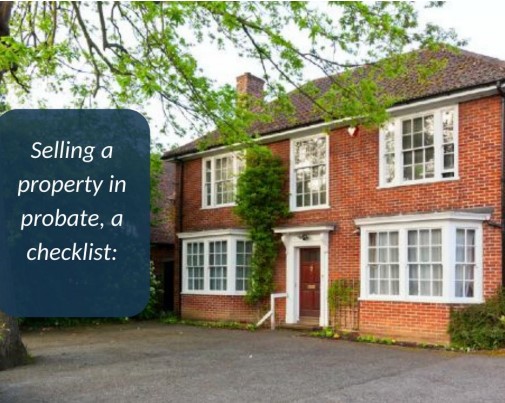The increasing influence of the ‘Bank of Mum and Dad’
As house prices rise, and first-time buyers find it harder to gather the necessary resources for a deposit, a new report has said that parents are now the 10th largest UK mortgage lender in the country.
The latest figures from insurer Legal and General have suggested that parents will lend a total of £6.5bn this year to their offspring.
With the average deposit for a first-time buyer in the UK reaching a historic £26,000, parents are now said to be involved in 26% of all mortgage transactions in 2017 – and that is likely to increase.
For many young people looking to gain a foothold on the property ladder, even those who admit that ‘we are willing to buy any house’, the introduction of legislation such as the stamp-duty tax hike last year – originally put in place in an effort to limit the monopoly of low-end housing by landlords – has been a major hindrance.
“Parents want to help their kids get on in life,” said Legal & General chief executive Nigel Wilson.
“The ‘Bank of Mum and Dad’ is a testament to their generosity, but it is also a symptom of our broken housing market.”
How have things changed over the last 20 years?
Since the recession during the mid-1990s, the ability to buy a house without help for young people has lessened year upon year, with data released by the government’s own English Housing Survey in 2015 appearing to echo the latest research by L&G.
For instance, the number of buyers who are single has more than halved in the last 20 years, preventing many prospective buyers from applying for a mortgage until they are in a relationship. Futhermore, the average age of a first-time buyer has increased from 30, to 33 as housing becomes less and less affordable.
In order to purchase, the EHS found that the number of buyers using money from the Bank of Mum and Dad and other family members has increased by a third since 1995 – which further explains why the number of first-time buyers per year has reduced from 857,000 in 1995, to a meagre 564,000 in 2015.
With a continuing dependence on older generations, many experts within the industry believe young people will find themselves continually burdened by costs they cannot cover once the family coffers run dry. Moreover, many children today will not be afforded the same levels of generosity from parents enjoyed by today’s young professionals thanks to a reduction of overall wealth across the country.
For those looking to buy, this news is sure to heap on the misery, but those in older generations who are looking to sell should also begin to worry, as their property investments are only worth their salt if they can be sold – and with a vastly reduced pool of potential buyers with the necessary wealth, the future is beginning to look ominous.
Need to sell fast? Why not ask National Homebuyers for advice, as we buy any house. Call 08000 443 911 or request a call back to find out how much you could get for your property.






